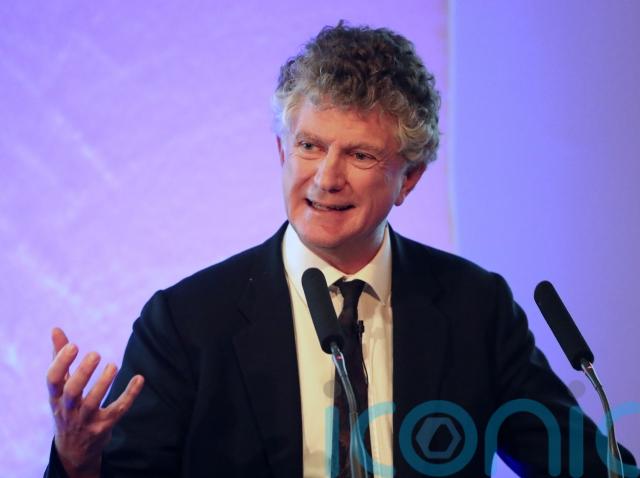
Senior officials at the heart of the collapsed China spying case will appear before a parliamentary inquiry on Monday.
Director of Public Prosecutions Stephen Parkinson took the decision to drop the case, blaming the evidence from deputy national security adviser (DNSA) Matt Collins for not demonstrating that China posed a threat to national security.
Both men will give evidence to MPs and peers on the Joint Committee on the National Security Strategy (JCNSS) on Monday afternoon.
We have today published correspondence from the Director of Public Prosecutions for our inquiry into Espionage cases and the Official Secrets Act ⬇️ pic.twitter.com/yhP8P9J6Be
— Joint Committee on the National Security Strategy (@JointCtteNSS) October 24, 2025
The collapse of the case against Christopher Cash, a former parliamentary researcher, and Christopher Berry – who both denied charges under the Official Secrets Act – has triggered a Westminster blame game.
The Conservatives have accused Sir Keir Starmer of deliberately collapsing the case to avoid damaging relations with Beijing while the Prime Minister has said the prosecution had to be based on the Tory position – which did not describe China as a threat – at the time of the alleged offences.
The case hinged on the evidence supplied by Mr Collins on the nature of the Chinese threat to the UK and whether it could be described as an enemy, to meet the tests of the 1911 Official Secrets Act.
In a letter ahead of his appearance, Mr Parkinson told the committee that “efforts were made over an extensive period” to establish whether Mr Collins could give the required evidence before he confirmed to the Crown Prosecution Service (CPS) that he would not say China posed a threat to UK national security in court.
Mr Parkinson told the committee that prosecutors did not believe there would be “any difficulty in obtaining evidence” from Mr Collins that China was a national security threat, but added: “This was a sticking point that could not be overcome.”
He added that the DNSA’s “unwillingness” to describe China as an active or current threat was “fatal to the case” because Mr Cash and Mr Berry’s defence teams would have been entitled to call him as a witness.
Mr Parkinson added: “This factor is compounded by the fact that drafts of the first witness statement, reviewed by us in July 2025, showed that references to China being an ‘enemy’ or ‘possible enemy’ had been deleted.
“Those drafts would probably have been disclosable to the defence.”
National security adviser Jonathan Powell and Mr Collins said the reference to China being an “enemy” of the UK was removed in the DNSA’s first witness statement in 2023 under the Conservatives as it “did not reflect government policy at the time”.
In a joint statement, they told the committee that police and the CPS were aware that the DNSA could not call China an enemy in December 2023, before charges were brought.

The CPS sought further statements from Mr Collins, which were provided in February and August this year after rulings in another case in 2024 clarified what the prosecution needed to prove to demonstrate China was an enemy.
Other witnesses appearing at the JCNSS on Monday will be the prosecution’s lead barrister in the case Tom Little KC and the country’s top civil servant, Cabinet Secretary Sir Chris Wormald.
Mr Parkinson and Mr Little will appear first, at 4.30pm, with Mr Collins and Sir Chris an hour later.
On Wednesday, the committee will hear from Attorney General Lord Hermer and Chancellor of the Duchy of Lancaster Darren Jones.
Subscribe or register today to discover more from DonegalLive.ie
Buy the e-paper of the Donegal Democrat, Donegal People's Press, Donegal Post and Inish Times here for instant access to Donegal's premier news titles.
Keep up with the latest news from Donegal with our daily newsletter featuring the most important stories of the day delivered to your inbox every evening at 5pm.